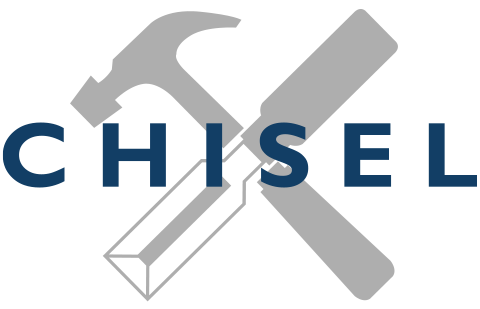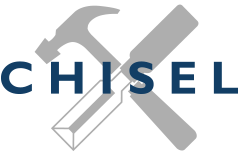 If your home is self-contained, you are responsible for paying the gas, electricity, and water charges.
If your home is self-contained, you are responsible for paying the gas, electricity, and water charges.
You must register to have these supplies put in your name from the date your tenancy starts, and you should arrange to have the meters read at the same time. You will have to give the companies as much notice as you can as it could take some time to reconnect the supply.
If the property you are moving into is self-contained, then you are responsible for paying the Council Tax. You will also have to let the local Council (Council Tax Section) know that you have moved in, otherwise we will have to pass on your details.
High fuel bills
Here are some ways that can help you reduce the costs of your energy, through reduced consumption - which can also help the planet.
Hot water temperature
Before the start of any tenancy we check that the electrical wiring is safe and that the immersion heater is set to a reasonable level. It is a good idea for you to check that your hot water is set between 60 and 65C (140-150F) to prevent your fuel bills being too high. Check that the cylinder lagging is properly in place and in good condition. If it is worn out, let us know and we will replace it. Most immersion heaters have dual elements enabling either a small amount of water at the top of the tank to be heated (setting on 'sink') or the full tank to be heated (setting on 'bath'). Using the setting for the 'sink' most of the time may save you money.
Central heating
All of our properties have central heating, and a room thermostat is normally provided. You should check that the temperature is set no higher that 21C (70F), again to prevent your fuel bills being too high.
Washing machines
If you have an automatic washing machine please make sure that it is properly plumbed in by a competent person, and regularly checked for leaks. Push-on tap connectors and wash pipes hung over the sink should not be used. We get many complaints from tenants in downstairs flats about leaks caused by washing machines in upstairs flats that are not properly plumbed in. Remember that you may be liable for damage to the property and to your neighbour's decorations and possessions if a flood is caused in this way.
Blocked sinks & WCs
Please be careful about what is poured down sinks and flushed down toilets. Pour old cooking oil into an old plastic bottle and put it in the dustbin. All waste food should be put in the dustbin. Disposable nappies, sanitary towels, incontinence pads etc. should not be flushed down the toilet. Despite manufacturer's assurances on packages, they often cause blockages.
Blocked drains
Please help by keeping external drains free of debris such as fallen leaves. Drains in the basement area at the front of the house are the responsibility of all tenants in the house. Drains at the back of the house are the responsibility of all tenants who have access to the garden.
Pest control
If you discover infestations of cockroaches, ladybirds, fleas, rats, mice or any other pests in your home, you should contact the Environmental Health Department at your local council. Most councils deal with these problems free of charge, or will advise you on the best way to eradicate pests. If a whole block of our properties is infested or has rats, please contact us.
Dustbins & washing lines
Please ensure your bin area is clean and tidy, and make sure that all rubbish is wrapped and placed in the waste or recycling bins, and keep the lids on them. Extra rubbish should be kept in plastic bags until collection. If you need to dispose of larger items of rubbish e.g. old furniture or carpets, you should not leave them in the dustbin area. Instead please arrange with the refuse department at your town hall to make a special collection, or take the items to the local council dump.

